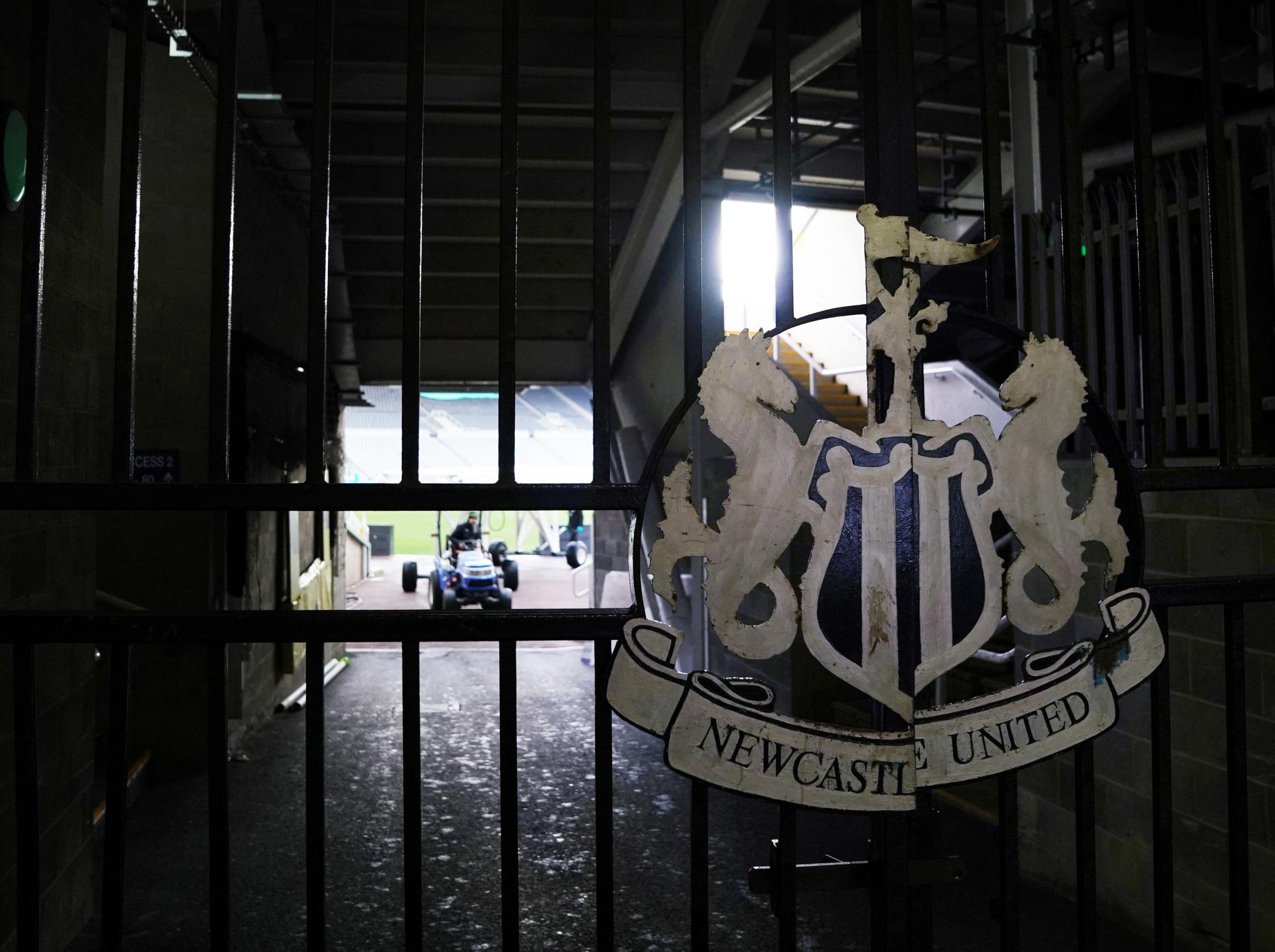This website uses cookies so that we can provide you with the best user experience possible. Cookie information is stored in your browser and performs functions such as recognising you when you return to our website and helping our team to understand which sections of the website you find most interesting and useful.

Even within the past 48 hours those close to the failed Saudi Arabian bid to buy Newcastle United were convinced that the deal would still go through. That optimism proved to be unfounded. A statement issued by the Saudi Public Investment Fund (PIF), PCP Capital Partners and RB Sports & Media confirmed that the consortium had “formally withdrawn its interest in pursuing the acquisition of Newcastle United Limited and Newcastle United Football Club Limited.”
This is a crushing blow to the fans, who thought they were at last going to be rid of the much-reviled Mike Ashley. Inside St James’ Park they knew the writing was on the wall. The club had begun planning for next season under the same ownership and with the same resources. Newcastle’s new age will have to wait.
The documentation detailing how St James’ Park would be administered under the new regime was provided to the Premier League 16 weeks ago. Amanda Staveley, who fronted the bid, believed the information was specific enough to pass the ruling body’s fit and proper test.
At the time the Premier League was grappling with the coronavirus emergency and Project Restart. Newcastle’s takeover was way down the list of priorities. Yet once fixtures began to be played it became increasingly clear that the delay was not just because of the focus on finishing the season. There were serious ethical and business questions that needed to be addressed.
Saudi Arabia’s record on human rights made everyone feel a bit queasy but football is frequently happy to park up its morality when there are profits available. PIF’s involvement meant that there were other considerations to be taken into account.
There is a cold war unfolding in the Gulf, with the Saudi’s leading a coalition of nations that have enforced an embargo on Qatar. The Premier League’s television rights holder in the region, beIn Sport, is based in Doha and the Qatari company’s broadcasts have been hijacked and rebroadcasted by beOutQ. The source of the piracy is Saudi Arabia and although the Kingdom denies any involvement, it is highly unlikely this could have occurred without the regime’s knowledge. Earlier this month beIn were banned from operating in Saudi Arabia. There is no legal way to watch the Premier League in the country.
It was hard to see how the Premier League could sanction PIF, an arm of the Saudi state, as fit and proper owners when another arm of government was blocking their broadcast partners in the area.
A suspicion was growing that the delay in allowing the takeover was an effort to embarrass the Saudis and build pressure on PIF to pull out. Consortium insiders were bullish that this would not happen. The future structure of the club was clear, they said. Staveley would administer day-to-day business and PIF would take a hands-off approach. More significant, they claimed, was that PIF had complete autonomy from the Saudi government. Newcastle would not be a tool of the desert state. Those arguments failed to convince the Premier League.
The negative publicity grew by the day. In April the fiancée of Jamal Khashoggi, the dissident journalist murdered in the Saudi consulate in Istanbul two years ago, called upon the Premier League to block the takeover. Riyadh’s involvement in the war in Yemen has drawn criticism. Amnesty International has been vocal in its disgust at the Kingdom’s attitude to human rights.
In the end, however, it is hard to see how the Premier League could rubber-stamp a deal where the ultimate owners have taken such a hostile attitude towards their broadcast partners. There are many reasons that the organisation considered the Saudis inappropriate owners of the club but the beIn controversy tipped the balance.
There will be disappointment and anger on Tyneside. The desperation to be rid of Ashley left a lot of supporters unconcerned about the provenance of potential replacements. Once the emotion dies down and they start to think rationally, many fans may come to see this as a lucky escape. In the collective imagination of the Gallowgate, the Saudis were saviours who would pump Manchester City-style riches into the club and bring glory and success. That was never going to happen. PIF involvement was hard-headed business and any investment was required to return a profit.
Staveley has now failed in two attempts to buy Newcastle. She also tried at least twice to purchase Liverpool. Her ambition to control a Premier League club remains but has been thwarted yet again.
The Premier League will feel relief. Those close to the consortium may have been right when they claimed there were no grounds on the fit and proper test to stop the takeover – after all, their lawyers had scrutinised the rules – but the delaying tactics worked. This could lead to stricter codification of the test in the future so situations like Newcastle’s do not occur.
Tyneside may be in mourning but from a Premier League perspective this could be Newcastle’s best result of the year.



 Africana55 Radio
Africana55 Radio 

